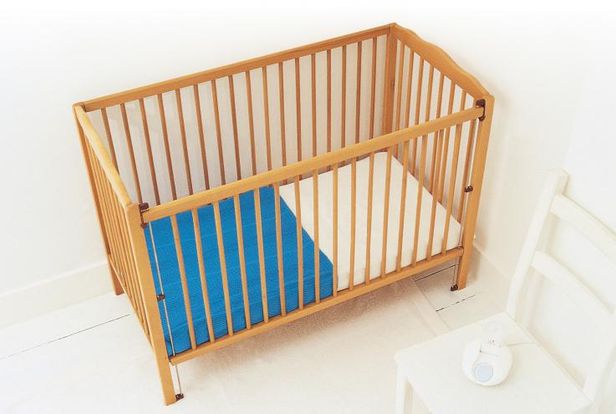26 weeks and 5 days pregnant

This week, some babies open their eyes for the first time but this is a brief event, difficult to capture on ultrasound, so you may not see it on a scan. Some light is reaching your baby but he hasn’t developed a sleep–wake cycle that corresponds in any way with day and night.
As each day passes, your baby is getting bigger and bigger and you will be more conscious of his body and movement.
As wonderful as it is to feel your baby move inside you, sometimes it can be uncomfortable. As your baby grows there is less and less room for him to move around, especially as he kicks or stretches against the walls of your uterus. These movements can vary from gentle paddling motions to feeling as though the baby has hiccups. Sometimes the baby will kick hard; if it’s under the ribs it can take your breath away and leave you feeling quite sore. The kicking can also wake you when you’re sleeping, and many women say that their babies are more active at night. If you’re sitting or lying in a position that the baby doesn’t like – for example, if you spend too much time on one side – your baby may well kick until you move.
Although sometimes these movements can be uncomfortable or take you by surprise, most of the time they’re just a gentle reminder of your growing baby and, as such, are something to look forward to feeling.
If I went into labour now, would my baby survive?
Until relatively recently, babies born before 28 weeks’ gestation often did not survive. Today, with medical advances in special care baby units, babies of 22 weeks’ gestation have survived outside the uterus, although this is still very rare. The guideline – and legal requirement – for most hospitals is that 24 weeks is the earliest point at which they will resuscitate a baby, unless the newborn shows clear signs of life.
Extremely premature babies have an increased risk of disability, even with the best medical care, and often the delivery itself can put an enormous strain on the baby. Very experienced doctors, midwives, and nurses are involved in the care of extremely premature babies.
If possible, the delivery should take place in a hospital with a dedicated special care baby unit (SCBU). If this isn’t possible, babies are often transferred to a specialist centre when they are stable enough to be moved. Very premature babies take a long time to “catch up” and meet developmental milestones.
Each day and week of pregnancy is a milestone, and the nearer to full term (37–42 weeks) you deliver, the better it is for your baby.
Use the right bedding and follow safe sleeping guidelines.
-
Based on your baby wearing a nappy, vest, and babygro, you’ll need to cover him with a sheet and one to two lightweight blankets (a folded blanket counts as two) if the room is 16–20˚C (61–68˚F). If the room is warmer, he’ll only need a sheet; if colder, add more blankets. An ideal room temperature is 18˚C (64.5˚F).
-
If your baby sleeps in a Moses basket or carry cot, buy sheets designed specifically for these.
-
If using a sleeping bag, ensure it’s lightweight, the correct size, and doesn’t have a hood.

Be the first to support
Be the first to share
Comment (0)
Related Blogs & Vlogs
No related events found.
Loading more...